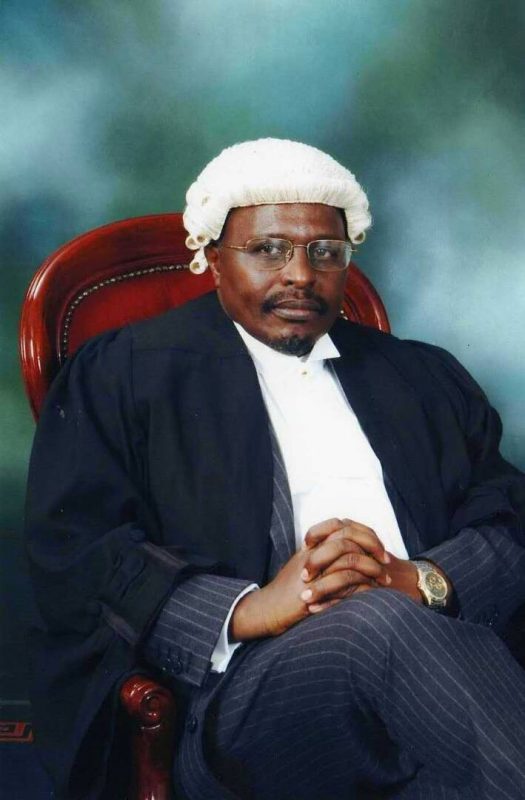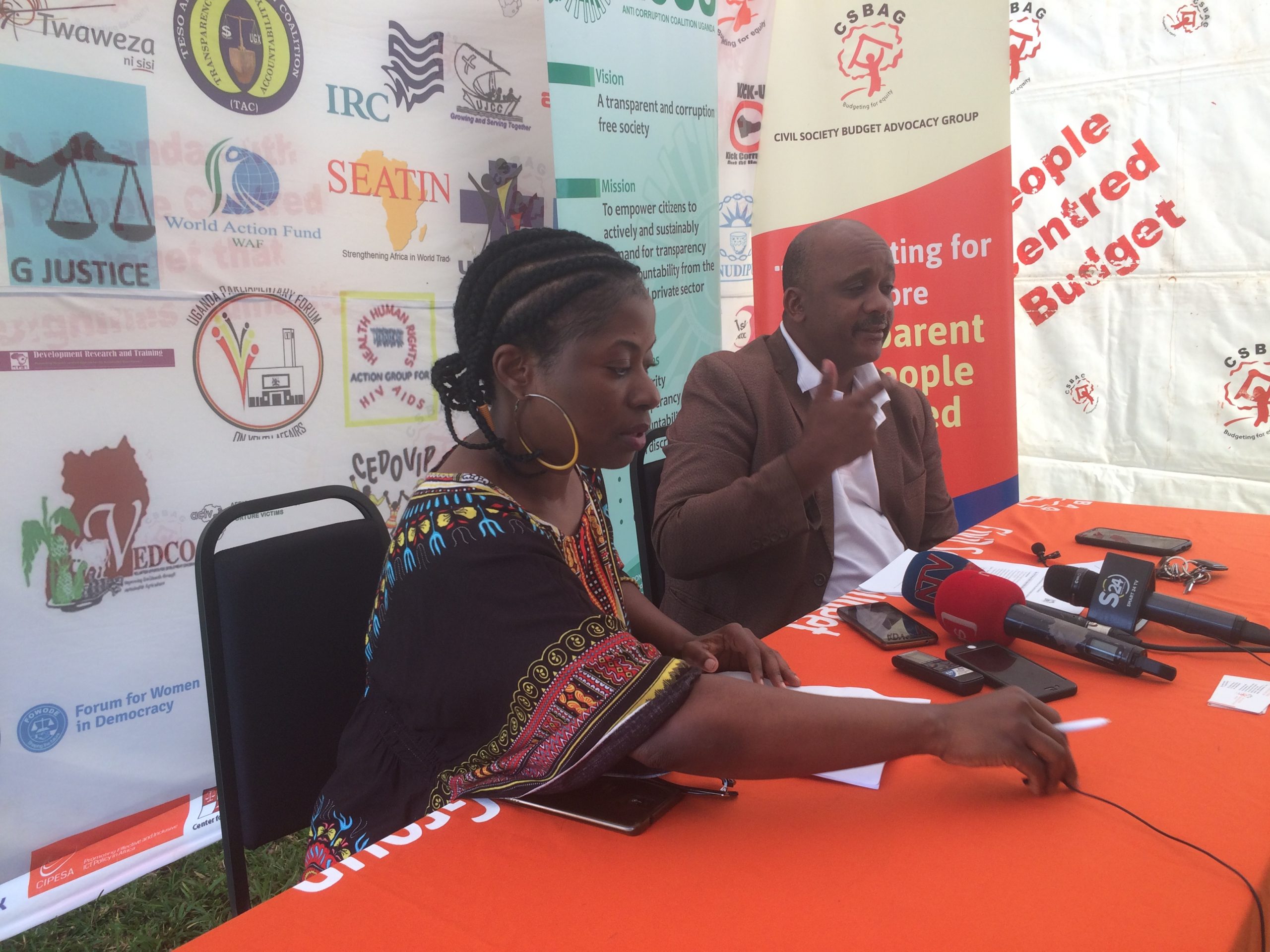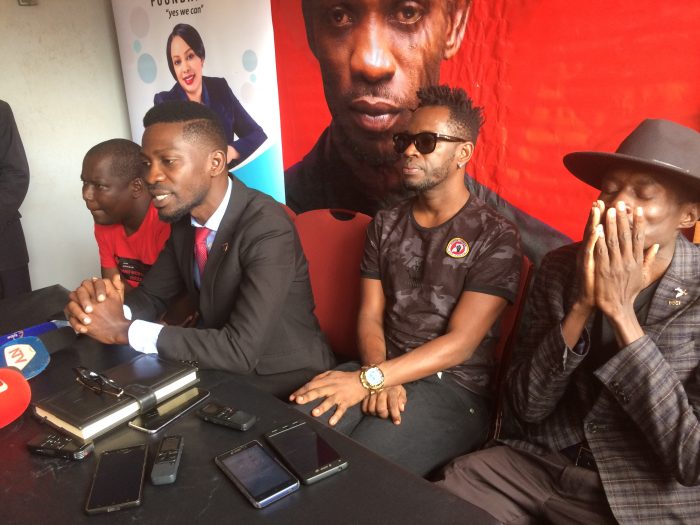Omar al-Bashir, in full Omar Hassan Ahmad al-Bashir, (born January 7,
1944, Hosh Wad Banaqa, Sudan), Sudanese military officer who led a revolt that
overthrew the elected government of Sudan in 1989. He
served as president of Sudan from
1993.
Bashir was born into a peasant family that later moved to Khartoum,
where he received his secondary education; he then joined the army. He studied
at a military college in Cairo and fought in 1973 with the
Egyptian army against Israel. Returning to Sudan, he achieved rapid promotion,
and in the mid-1980s he took the leading role in the Sudanese army’s campaign
against the rebels of the southern Sudan People’s Liberation Army (SPLA).
Bashir, frustrated with the country’s leadership, led a
successful coup in 1989. He became chairman of the
Revolutionary Command Council for National Salvation, which ruled the country.
Bashir dissolved the parliament, banned political parties, and strictly
controlled the press. He was supported by Hasan al-Turabi, a Muslim extremist and leader
of the National Islamic Front (NIF). Together they began to Islamize the
country, and in March 1991 Islamic law (Sharīʿah)
was introduced. This move further emphasized the division between the north and
the mainly animist and Christian south.
In October 1993 the Revolutionary Council was disbanded, and
Bashir was appointed president of Sudan; he retained military
rule, however. He was confirmed as president by an election held in
1996. Bashir’s ally Turabi was unanimously elected president of the National Assembly. On June 30, 1998, Bashir
signed a new constitution, which lifted the ban on political parties. In
December of that year, however, he used military force to oust Turabi, who, he
believed, was plotting against him. On March 12, 2000, Bashir declared a
three-month state of emergency, which, by stages, he thereafter extended indefinitely.
After the December 2000 elections in which he was once again confirmed as
president, he dismissed the cabinet.
Throughout this period, war with the SPLA
continued, displacing millions of southerners. From time to time Bashir made
tentative cease-fire agreements with fringe elements of the rebel force, but,
when oil production started on a large scale in the border area between north
and south in 1998, the dispute grew fiercer. Under international pressure,
Bashir agreed in 2005 to form a peace pact with the SPLA.
Meanwhile, in August 2003, rebel black African groups
in Darfur had launched an attack on Bashir’s
government, claiming unfair treatment. To combat the Darfur uprising, the
president enlisted the aid of the Arab militia known as Janjaweed,
whose brutal methods terrorized the civilians in the region, prevented international
aid organizations from delivering much-needed food and medical
supplies, and displaced more than two million people, earning harsh criticism from international commentators.
As the Darfur conflict raged on, Bashir reluctantly accepted the arrival of a
very small African Union (AU) peacekeeping force but
resisted attempts by the United
Nations (UN) to send a much larger international force. The AU
peacekeeping mission was eventually replaced by a joint UN-AU mission that
began deployment in 2008.
On July 14, 2008, the chief prosecutor of the International Criminal Court (ICC) called
for an arrest warrant to be issued against Bashir. He was cited for crimes
committed against humanity, war crimes, and genocide in Darfur. The Sudanese
government, which was not a party to the treaty creating the ICC, denied the
charges and proclaimed Bashir’s innocence. On March 4, 2009, the ICC issued an
arrest warrant for Bashir—the first time that the ICC sought the arrest of a
sitting head of state—charging him with war crimes and crimes against humanity
but not with genocide; in July 2010 the ICC issued a second arrest warrant,
this time charging Bashir with genocide.
In
January 2010 Bashir retired from his post as commander of the armed forces, a
position that he had held since the 1989 coup. He did so to comply with legal
requirements regarding candidate eligibility so that he would be able to accept
the nomination of the National Congress Party (NCP; successor party of the NIF)
and stand in the upcoming (April 2010) presidential election, part of the
country’s first multiparty elections in more than 20 years. Bashir was
reelected in April with about 68 percent of the vote. However, the poll was
clouded by the withdrawal of his two main opposition candidates prior to the
contest, who alleged that there
were already indications of fraudulent practices, and by the declaration by
some international observers that the elections fell short of international
standards.
Under
the terms of the 2005 agreement with the southern rebels, a referendum for
southern Sudanese citizens was held in January 2011 to determine whether the
south would remain part of Sudan or secede. The results overwhelmingly
indicated a preference to secede, which occurred on July 9, 2011. The economic
fallout from the loss of the south’s oil fields and the ongoing conflict with
Sudan’s new neighbour, South Sudan,
as well as with rebel groups within Sudan, dominated Bashir’s presidency.
Opposition groups and the general public increasingly expressed their
dissatisfaction with the NCP’s inability to improve economic conditions, find a
peaceful solution to end the rebel activity, or institute constitutional reforms.
Bashir’s regime used harsh tactics in an attempt to quell public displays of
dissent and to curb the media.
Bashir’s
ICC arrest warrants made headlines again in December 2014, when the ICC
prosecutor announced that she was suspending the investigation of his case
because of a lack of action by the United Nations Security Council in
compelling Bashir to appear in court.
As
the 2015 elections approached, Bashir once again was the NCP’s presidential
candidate. In spite of a boycott of the elections by much of the
opposition, there were still more than a dozen presidential candidates. Bashir,
however, easily won reelection in the April 13–16 polls, with the official
results showing that he received about 94 percent of the vote. In addition to
the boycott by the opposition, the elections were also marred by low voter
turnout—despite officials extending voting by an extra day—and international
criticism of Sudan for not providing a conducive environment for
credible elections.
Bashir faced an unprecedented
level of popular unrest beginning in December 2018 and continuing into the
following year. What began as small, spontaneous protests over frustrations
with the country’s struggling economy and its impact on Sudanese living
conditions soon transformed into larger-scale, organized anti-government
marches and demonstrations, in which many protestors and opposition leaders
called for Bashir to step down. He refused, saying that he would leave only if
he were voted out of office.
Now today marks the end of Bashir
on of Africa’s greatest leaders who has been forced out of power through a
military coupe amidst huge protests from citizens.
He now Makes the Fourth African greatest president to be kicked out of power by force following Mwama El Ghadafi (Libya) Robert Mugabe (Zimbabwe) Hosni Mubarak (Egypt)
END














